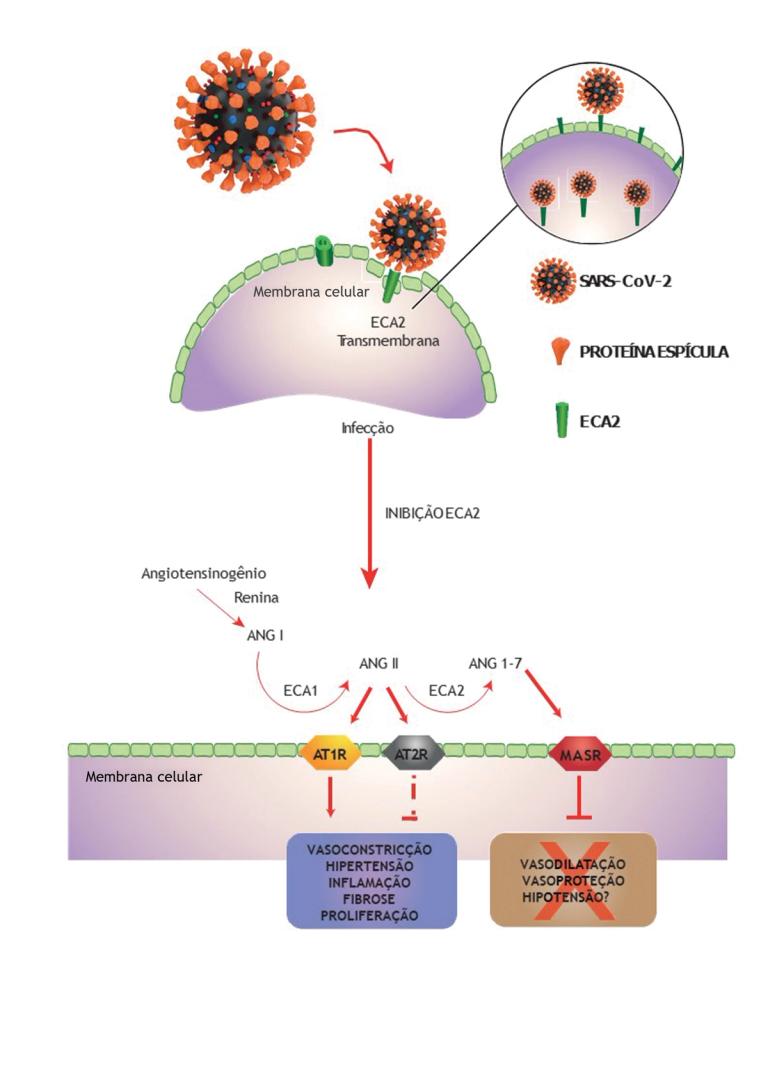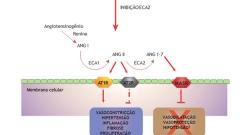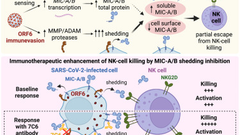ABSTRACT:
SARS-CoV-2 is responsible for the COVID-19 pandemic. The immune system is a determinant factor in defense against viral infections. Thus, when it acts in a balanced and effective manner the disease is self-limited and benign. Nevertheless, in a significant proportion of the population, the immune response is exaggerated. When infected, patients with diabetes, hypertension, obesity, and cardiovascular disease are more likely to progress to severe forms. These diseases are related to chronic inflammation and endothelial dysfunction. Toll-like receptors are expressed on immune cells and play an important role in the physiopathology of cardiovascular and metabolic diseases. When activated, they can induce release of inflammatory cytokines. Hypercoagulability, hyperinflammation, platelet hyperresponsiveness, and endothelial dysfunction occur in immune system hyperactivity caused by viral activity, thereby increasing the risk of arterial and venous thrombosis. We discuss the interactions between COVID-19, immunity, the endothelium, and coagulation, as well as why cardiometabolic diseases have a negative impact on COVID-19 prognosis.



